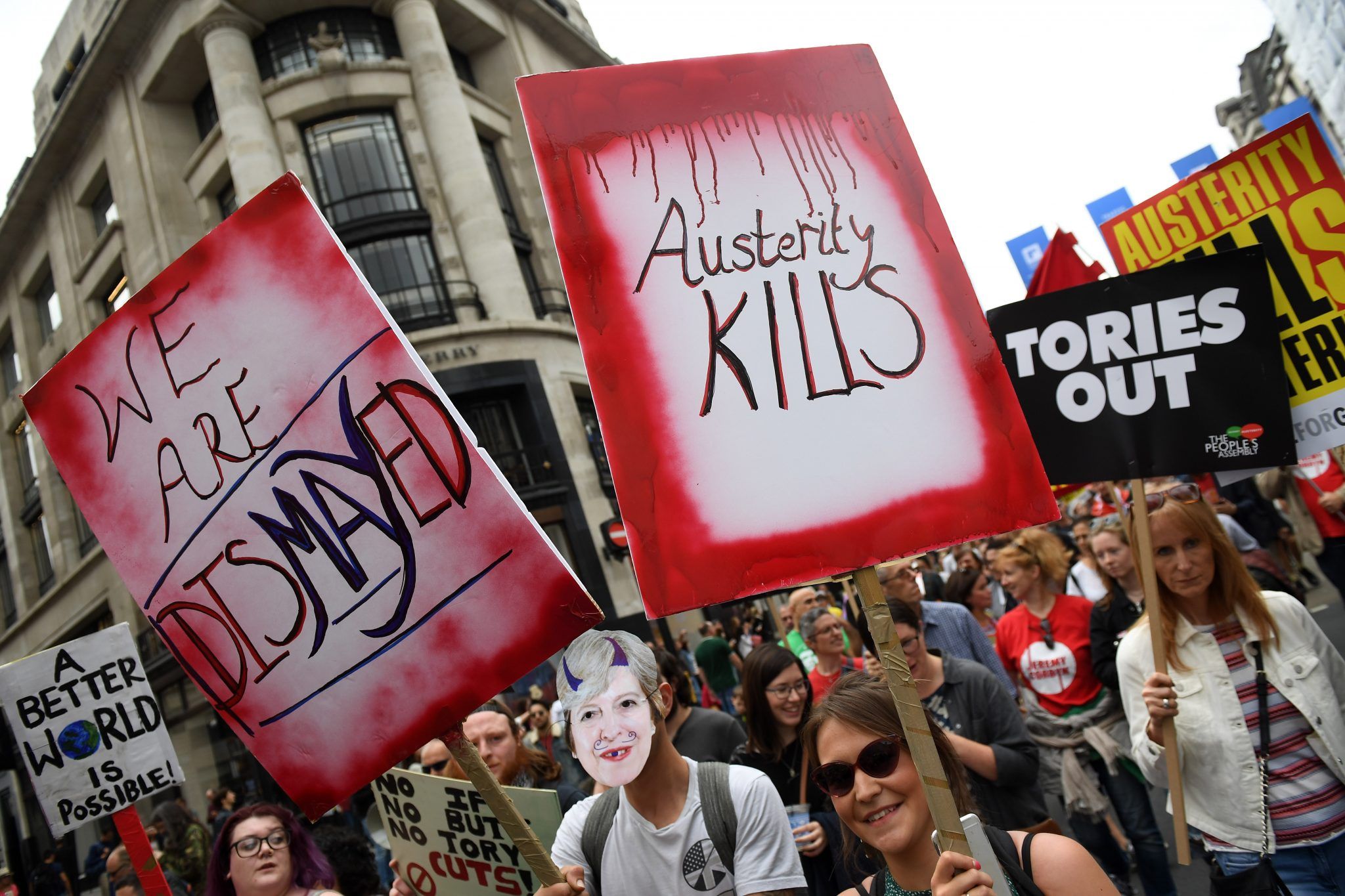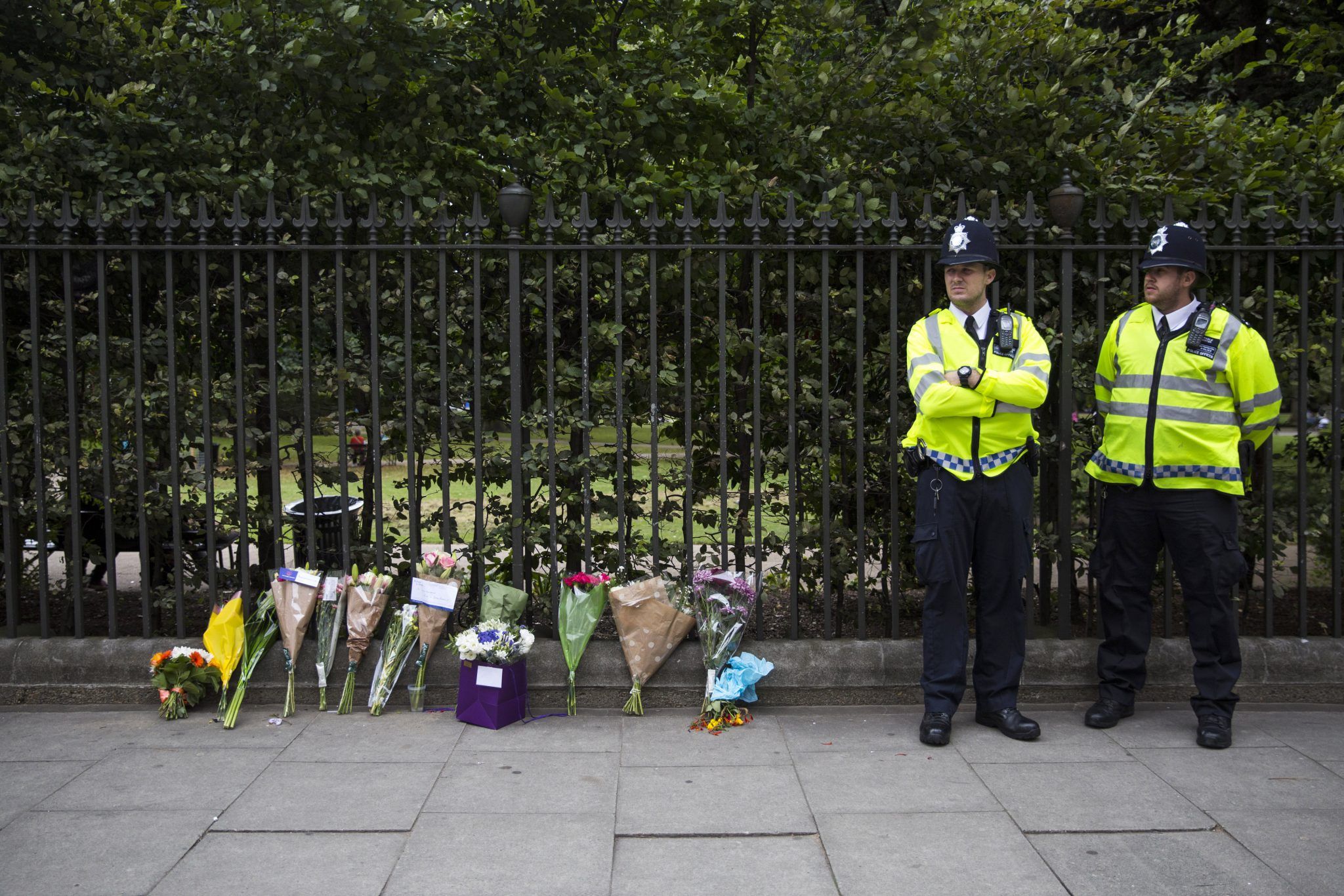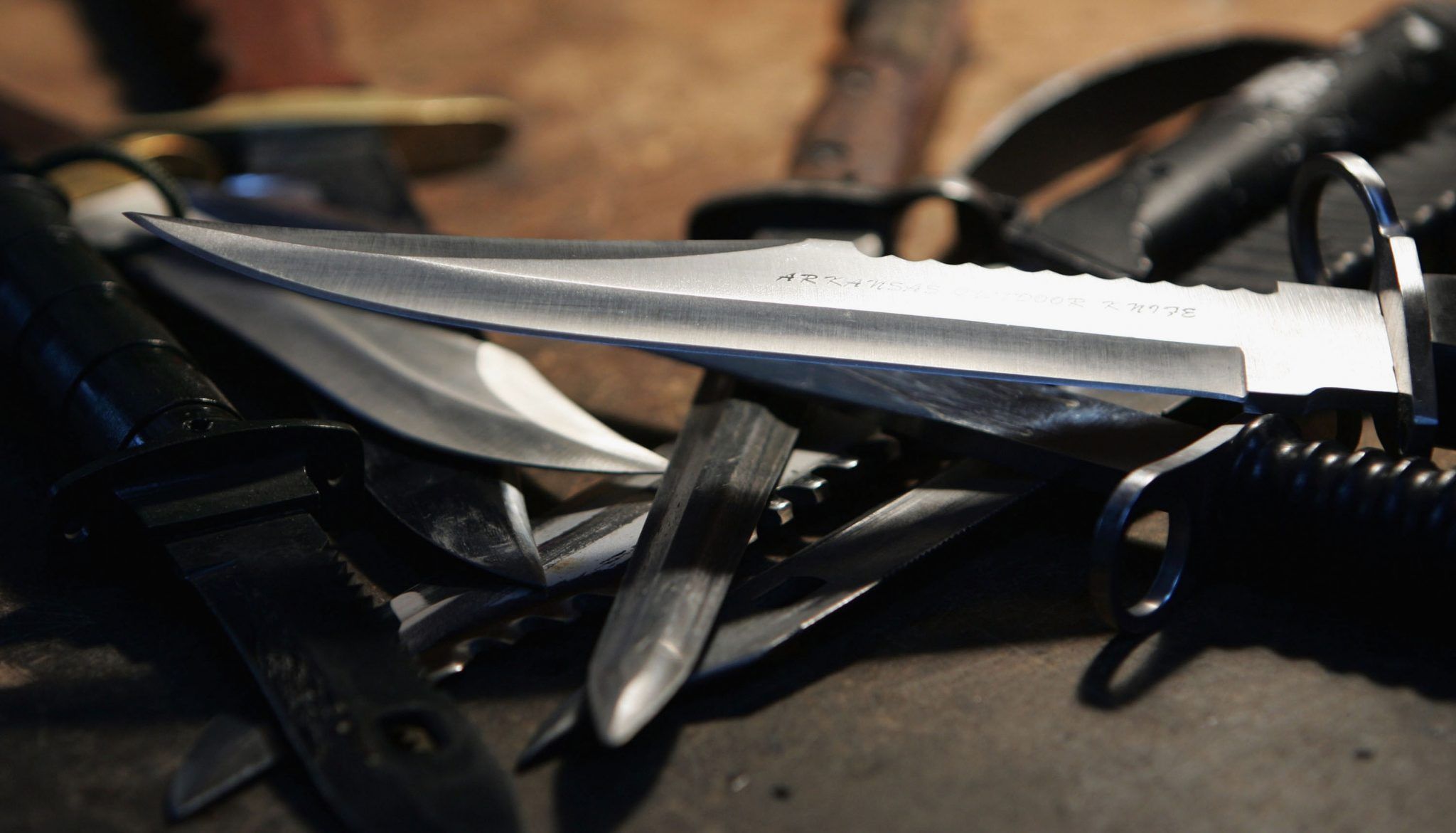

Share
7th May 2019
09:25am BST

 Some council budgets for youth services have decreased by 91 per cent over a three-year period. (Credit: Chris J Ratcliffe)[/caption]
Direct geographical comparison is not possible, as local authority and policing areas differ, but the APPG's assessment shows West Midlands Police, the Metropolitan Police, Cambridgeshire Police, and Thames Valley Police have seen some of the highest increases in knife crime while their councils suffer some of the largest cuts.
MP and chair of the group Sarah Jones said: "We cannot hope to turn around the knife crime epidemic if we don't invest in our young people.
"Every time I speak to young people they say the same thing: they need more positive activities, safe spaces to spend time with friends and programmes to help them grow and develop."
[caption id="attachment_230640" align="alignnone" width="2048"]
Some council budgets for youth services have decreased by 91 per cent over a three-year period. (Credit: Chris J Ratcliffe)[/caption]
Direct geographical comparison is not possible, as local authority and policing areas differ, but the APPG's assessment shows West Midlands Police, the Metropolitan Police, Cambridgeshire Police, and Thames Valley Police have seen some of the highest increases in knife crime while their councils suffer some of the largest cuts.
MP and chair of the group Sarah Jones said: "We cannot hope to turn around the knife crime epidemic if we don't invest in our young people.
"Every time I speak to young people they say the same thing: they need more positive activities, safe spaces to spend time with friends and programmes to help them grow and develop."
[caption id="attachment_230640" align="alignnone" width="2048"] In 2018 there were a record number of knife offences (Credit: Jack Taylor)[/caption]
Police recorded 40,829 offences involving a knife or sharp object in 2018 and the Office for National Statistics said cases of murder and manslaughter increased 12 per cent, excluding terror attacks.
The number of killings is at its highest since 2007, 732, up from 655 in 2017. 252 of them involved a knife or sharp instrument.
Figures for youth services cuts were acquired by the APPG via freedom of information requests to 152 local authorities in England, of which 106 responded.
Barnardo's chief executive Javed Khan said: "These figures are alarming but sadly unsurprising. Taking away youth workers and safe spaces in the community contributes to a 'poverty of hope' among young people who see little or no chance of a positive future.
"The government needs to work with local authorities to ensure they have enough funding to run vital services and restore children's sense of hope."
[caption id="attachment_230641" align="alignnone" width="2048"]
In 2018 there were a record number of knife offences (Credit: Jack Taylor)[/caption]
Police recorded 40,829 offences involving a knife or sharp object in 2018 and the Office for National Statistics said cases of murder and manslaughter increased 12 per cent, excluding terror attacks.
The number of killings is at its highest since 2007, 732, up from 655 in 2017. 252 of them involved a knife or sharp instrument.
Figures for youth services cuts were acquired by the APPG via freedom of information requests to 152 local authorities in England, of which 106 responded.
Barnardo's chief executive Javed Khan said: "These figures are alarming but sadly unsurprising. Taking away youth workers and safe spaces in the community contributes to a 'poverty of hope' among young people who see little or no chance of a positive future.
"The government needs to work with local authorities to ensure they have enough funding to run vital services and restore children's sense of hope."
[caption id="attachment_230641" align="alignnone" width="2048"] The local authorities experiencing the biggest loss of youth services have seen large increases in knife crime (Credit: Ian Waldie)[/caption]
John Poyton, chief executive of Redthread, a youth violence charity, said: "These statistics of cuts to youth services and rises in violence highlight the need to ensure all young people have access to the support they need, both at the point when they recognise they need help and perhaps most importantly before they realise they do."
Responding to the APPG research, a government spokesman said: "Knife crime destroys lives and tears families apart and we are determined to tackle the root causes to end this cycle of violence.
"There are a range of factors driving increases in this complex crime, including changes to the drugs market.
"Our serious violence strategy places a greater emphasis on early intervention to steer young people away from violent crime by offering positive choices, alongside equipping police with the powers and resource they need to keep
communities safe from this threat.
"We are putting more than £200m into community projects, including Redthread and St Giles Trust, and are consulting on a vital public health duty which will see public bodies work together more effectively to prevent serious violence."
The local authorities experiencing the biggest loss of youth services have seen large increases in knife crime (Credit: Ian Waldie)[/caption]
John Poyton, chief executive of Redthread, a youth violence charity, said: "These statistics of cuts to youth services and rises in violence highlight the need to ensure all young people have access to the support they need, both at the point when they recognise they need help and perhaps most importantly before they realise they do."
Responding to the APPG research, a government spokesman said: "Knife crime destroys lives and tears families apart and we are determined to tackle the root causes to end this cycle of violence.
"There are a range of factors driving increases in this complex crime, including changes to the drugs market.
"Our serious violence strategy places a greater emphasis on early intervention to steer young people away from violent crime by offering positive choices, alongside equipping police with the powers and resource they need to keep
communities safe from this threat.
"We are putting more than £200m into community projects, including Redthread and St Giles Trust, and are consulting on a vital public health duty which will see public bodies work together more effectively to prevent serious violence."Explore more on these topics: